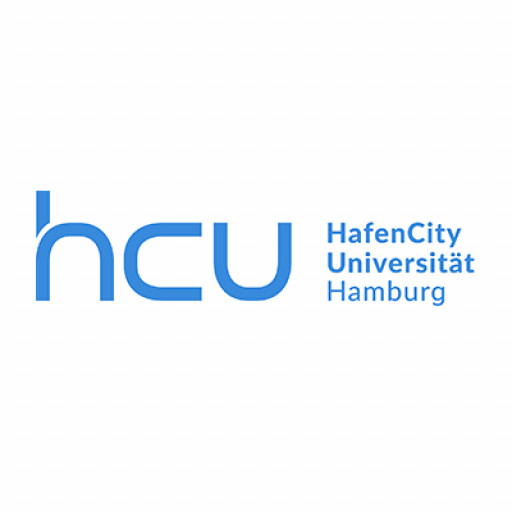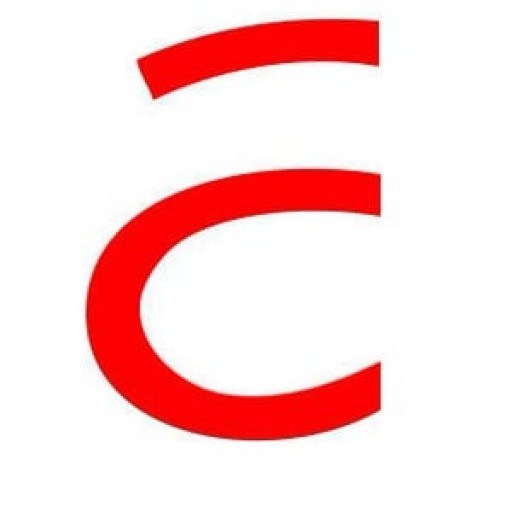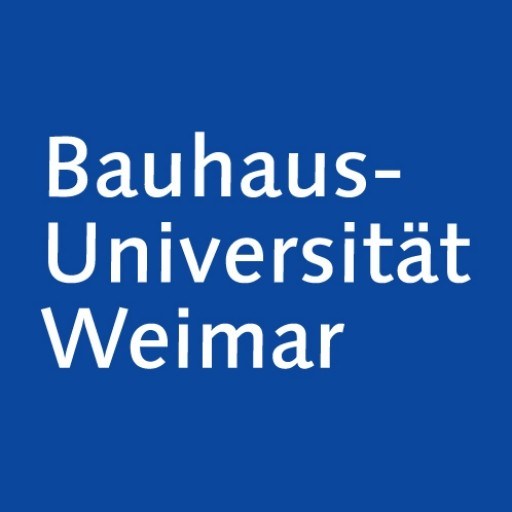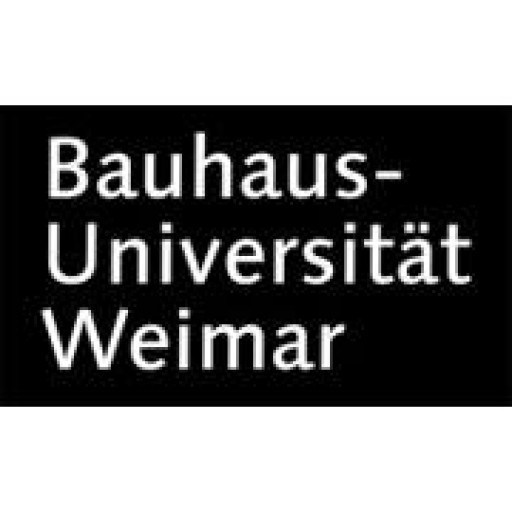Photos of university / #hcuhamburg
Resource Efficiency in Architecture and Planning (REAP) is an innovative master’s degree program offered by HafenCity University Hamburg, designed to equip students with the knowledge and skills necessary to develop sustainable, resource-efficient built environments. In an era marked by rapid urbanization, climate change, and growing environmental concerns, the program emphasizes the importance of integrating ecological principles into architectural design, urban planning, and construction processes. Throughout the course of study, students explore a broad range of topics including sustainable building technologies, eco-friendly materials, innovative design strategies, lifecycle assessment, energy efficiency, and resource management. The curriculum combines theoretical foundations with practical applications, encouraging students to critically analyze and develop solutions that minimize ecological footprints while maximizing social and economic benefits.
Students gain expertise in interdisciplinary approaches, working at the nexus of architecture, civil engineering, environmental science, and urban planning. The program promotes hands-on learning through workshops, project work, and collaborations with industry partners, enabling students to acquire real-world skills. Special emphasis is placed on integrating resource efficiency principles into entire project workflows, from initial conception to construction and operation, fostering a comprehensive understanding of sustainable development pathways. Graduates of REAP are prepared to assume leadership roles in architecture firms, urban planning agencies, and consulting firms, where they can influence policy and promote sustainable practices in built environments worldwide.
HafenCity University Hamburg’s commitment to sustainability and innovation is reflected in the program's emphasis on cutting-edge research and the latest technological advancements. The multicultural environment offers students the opportunity to engage with international perspectives and network with professionals committed to creating environmentally responsible urban spaces. The program’s structure typically includes core courses, electives, a master’s thesis, and opportunities for internships or exchange programs, enriching the educational experience. By completing REAP, graduates will be well-positioned to contribute meaningfully to the global challenge of designing resource-efficient cities and buildings, supporting sustainable urban development that balances ecological integrity with the needs of society.
Educational organisation
The programme consists of lectures and seminars which are grouped around the central project work, i.e. real-time, real-world case studies, in which students, with help and guidance from faculty, develop recommendations and solutions for applied tasks. These could be: designing a building-based, integrated supply-treatment system for water and wastewater; working out a plan for the environmentally sound retrofit of a housing block; devising an incentive-based scheme for refuse management or recycling of building materials.Project work is inspired by the research activities taking place at the university and can in turn contribute to this research. Project-based work also provides scope for student interests and experiences with practical applications and the completion of a specific concept for design, planning or use in the context of real or potentially real problems.
For this reason, it is clearly an advantage when students have relevant work experience on which they can draw for their project work. Experience with scientific concepts and an interest in the physical world is also useful.
The programme allows a certain amount of freedom to choose between courses, about two-thirds of each topic offered being compulsory, one-third elective. However, the programme is not intended to provide a specialisation solely in energy, water or material flows, respectively, as its main intent is to provide an integrative perspective of all resource flows.
Part-time studies are possible.
Forms of assessment
Assessment will be made in form of oral presentations, take-home written exams, student reports and written tests. Additionally a project work has to be completed in each of semesters one to three. The Master's thesis is scheduled for the fourth semester.Course objectives
The Master of Science degree programme "Resource Efficiency in Architecture and Planning" (REAP) enables participants to promote sustainable architecture and urban development in different geographical and cultural settings. It imparts knowledge on the implementation of technology for the provision of sustainable urban and building services and it also investigates the socio-economic context in which these services are provided and managed.The programme prepares for a career in different fields, e.g. national, regional and local governments; national and international non-governmental organisations (NGOs); consulting and finance; utilities and technology producers; real estate development and in the housing industry or education and research institutions.
Language requirements
The course language is English.All applicants from countries in which the official language is not English are required to submit official evidence of sufficient English language proficiency. This may be:
- TOEFL (Test of English as a Foreign Language): min. 570 points (paper-based), 230 points (computer-based) or 88 points (internet-based)
- IELTS (International English Language Testing System): min. 7
- CAE (Cambridge Certificate of Advanced English): min. grade B
- CPE (Certificate of Proficiency in English): min. grade C
- TELC: min. C1
You do not have to pass an English language test, if one of the following conditions apply to you. In this case, you have to submit instead of an English language test:
- A certification that the instruction language of your previous studies - at least four semesters - was English
- A certification that you attended a school of general education of at least five years where the English language was used as the medium of instruction
- A certification that you have had a professional and subject-related stay abroad of at least one year in a country where the official language is English
In order to be prepared for German everyday life and to work in Germany if aspired, REAP students may attend German language courses at different levels at the HafenCity University Hamburg.
Academic requirements
The Master of Science in Resource Efficiency in Architecture and Planning is normally open to university graduates with a Bachelor's degree or German Diploma (University or FH) or the equivalent in Architecture, Urban Planning, Geography, Landscape Planning, Civil Engineering, Law, Political Science, Business and Administration, Economics, Humanities or others with a focus on REAP-related fields and a demonstrated strong interest in interdisciplinary approaches to environmental design and technology. The Master's programme is geared towards academic persons with work experience in a field related to REAP. This work experience may be gained prior to or during enrolment at the university.Enrolment fees
The enrolment fee is approx. 300 EUR per semester. Among other things it entitles students to use all public transport in the Hamburg Metropolitan Area.Costs of living
Approx. 700 EUR per monthJob opportunities
Due to the intense nature of the programme, working while studying is sometimes difficult but possible. Nevertheless nearly all of our students have some sort of a part-time job in one of the study periods. The university itself offers to students the opportunity to work as assistant for lectures, research or projects under the supervision of a professor. Students can also obtain off-campus part-time jobs in the public sector or private industry in the field of REAP.Students from the European Union and the EEA stand practically on equal terms with German students and have free access to the German job market. However, for students who do not come from the EU or EEA countries, work is restricted; they are only allowed to work up to a specific number or hours. German employment regulations have to be considered before taking on a job.
Students who intend to work in Germany during their studies or afterwards are recommended to attend a German language course.
Funding opportunities within the university
http://www.hcu-hamburg.de/en/io/financial-support
Arrival support
The programme coordinators as well as the International Office can provide information needed for obtaining a visa, etc. Additionally, student "Welcome Buddies" will be of assistance in all practical matters upon arrival.Services and support for international students
As the programme consists of a small group of students, extensive support is provided by faculty and staff.In addition, HCU's International Office provides a number of advisory and social activities for international students, like the YOU@HCU Leisure and Cultural Programme. For information please refer to http://www.hcu-hamburg.de/en/io/youhcu.







